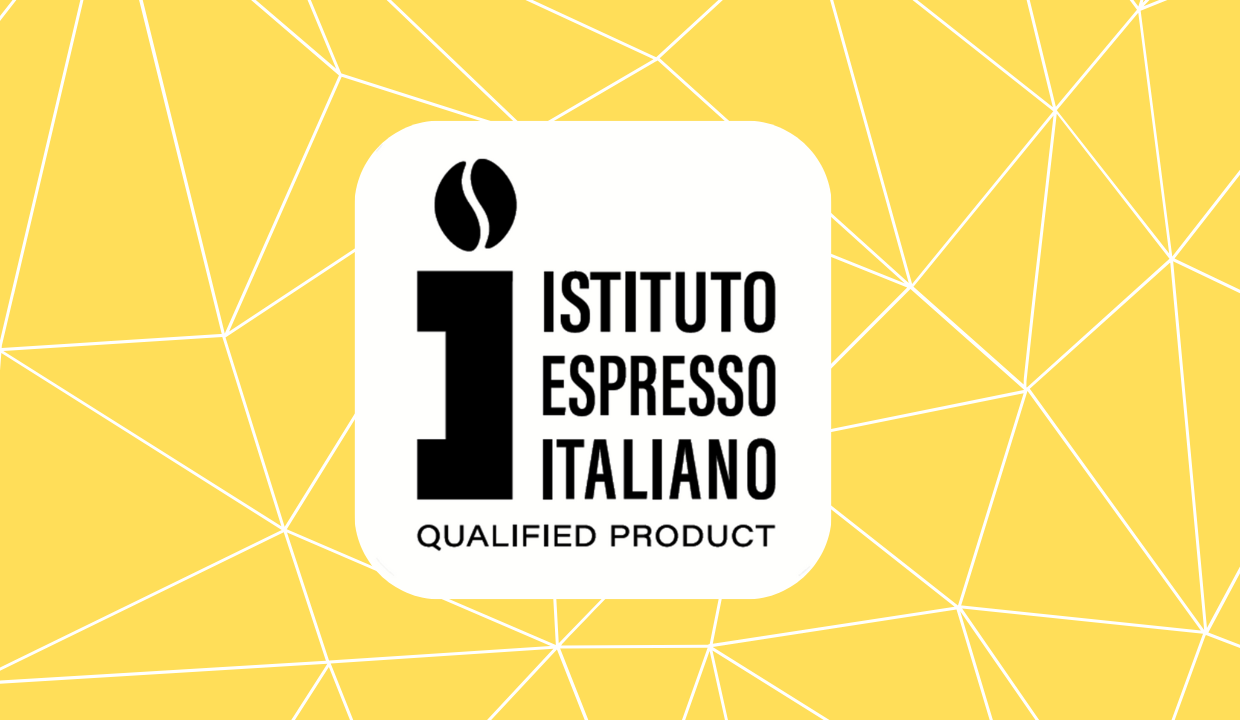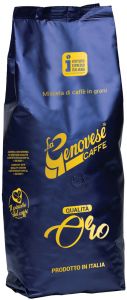
3-5 Workdays Article No. 10223
Aroma(s) : Chocolaty, Nutty
Article No. 10223
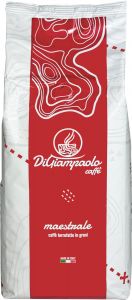
3-5 Workdays Article No. 10592
Aroma(s) : Chocolaty, Nutty
Article No. 10592
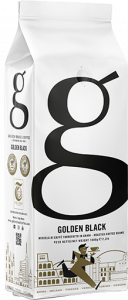
3-5 Workdays Article No. 10740
Aroma(s) : Chocolaty, Almond, Floral, Fruity
Article No. 10740
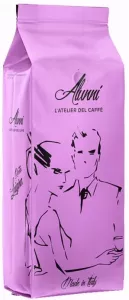
3-5 Workdays Article No. 10738
Aroma(s) : Nutty, Fruity
Article No. 10738
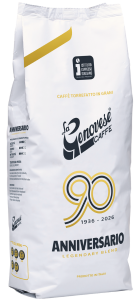
3-5 Workdays Article No. 11043
Aroma(s) : Chocolaty, Floral, Fruity
Article No. 11043
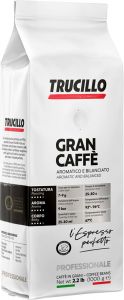
3-5 Workdays Article No. 10635
Aroma(s) : Chocolaty, Nutty
Article No. 10635

3-5 Workdays Article No. 10591
Aroma(s) : Floral, Fruity
Article No. 10591
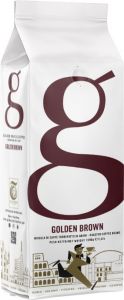
3-5 Workdays Article No. 10743
Aroma(s) : Nutty
Article No. 10743
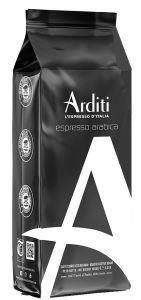
3-5 Workdays Article No. 1167
Aroma(s) : Chocolaty, Floral, Fruity
Article No. 1167

3-5 Workdays Article No. 10617
Article No. 10617
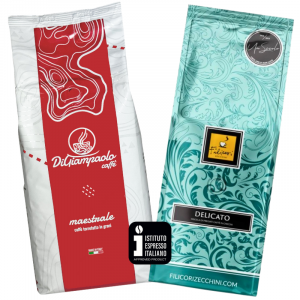
3-5 Workdays Article No. 10618
Article No. 10618

3-5 Workdays Article No. 10511
Article No. 10511

3-5 Workdays Article No. 10677
Aroma(s) : Chocolaty, Fruity
Article No. 10677

3-5 Workdays Article No. 1865
Article No. 1865
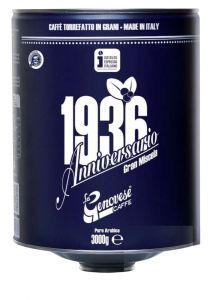
3-5 Workdays Article No. 10969
Aroma(s) : Chocolaty, Floral, Fruity
Article No. 10969

3-5 Workdays Article No. 10953
Aroma(s) : Chocolaty, Nutty
Article No. 10953
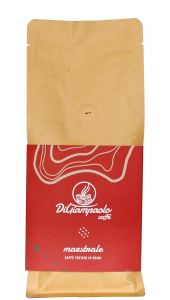
3-5 Workdays Article No. 10049
Aroma(s) : Chocolaty, Floral
Article No. 10049
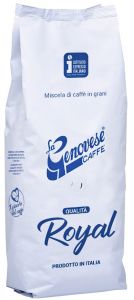
3-5 Workdays Article No. 10222
Aroma(s) : Chocolaty, Nutty
Article No. 10222
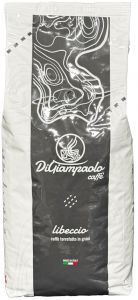
3-5 Workdays Article No. 10593
Aroma(s) : Nutty, Malty
Article No. 10593

3-5 Workdays Article No. 10678
Aroma(s) : Chocolaty, Nutty
Article No. 10678
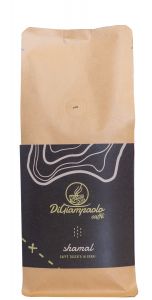
Unavailable Article No. 11008
Aroma(s) : Chocolaty, Floral, Fruity
Article No. 11008
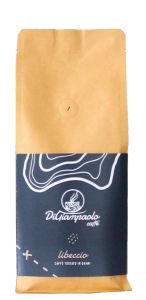
Unavailable Article No. 10550
Aroma(s) : Nutty, Malty
Article No. 10550
Certified Italian Espresso
Espresso was invented a long time ago in Italy and is now enjoyed worldwide. From the beginning, many passionate individuals have passed down their deep knowledge of coffee roasting from generation to generation. These people want to protect the rich heritage of the unique culture of espresso italiano
What exactly does the "Espresso Italiano" certification really mean? (description from the website: INEI)
Espresso Italiano: "A cup of about 25 milliliters of coffee, topped with a thick cream of very fine texture, a hazelnut color tending toward dark brown. The aroma should be intense and rich, with floral, fruity, chocolate, and toasted bread notes. On the palate, the espresso should be strong and velvety, with not too much bitterness. This highlights the thousands of tests performed on consumers and the dozens of tests conducted with professional tasters. And this is what has been codified through the Certified Italian Espresso compliance profile."
The history of INEI
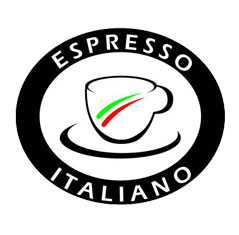
Since 1998, after 3 years of research, INEI has assessed espresso quality through sensory certification. This aims to meet the quality expectations of espresso lovers.
This is all made possible thanks to the International Institute of Coffee Tasters and the Taster Studies Center, with the collaboration of professors from the Universities of Udine and Turin. INEI, which brings together roasters, coffee machine manufacturers, and other related businesses, protects and promotes the culture and quality of Italian espresso and cappuccino. To date, the Institute includes 34 companies participating in the initiative, with a total turnover of about 700 million euros.
An excellent espresso is not the result of a mere mechanical process, but a product that reflects the passion and know-how of the people who created it. The Institute's mission is to preserve and promote this standard of quality. The goal of this certification is to provide espresso enthusiasts with a reference and benchmark for judging different blends, which often have little to do with true espresso.
Standard for evaluating higher-quality espresso
Since its foundation, and even before, INEI's goal has always been to define a particularly high and authentic level of espresso quality. In collaboration with the International Coffee Institute, coffee-tasting experts, and professors from the Universities of Udine and Turin, as well as thousands of consumer and laboratory tests, the objective and measurable characteristics of a true Italian espresso have been obtained. To achieve the high quality required for certification, it is necessary to use a blend, appropriate processing equipment (grinders, distributors, coffee machines), and skilled personnel.
Each espresso undergoes strict control. Percolation, color, aromas, flavors, and aftertaste are just a few of the measured factors that, according to the opinion of hundreds of professional tasters, must meet the parameters established by the classic recipe.
Behind every cup are multiple variables that an amateur drinker might overlook but are, in fact, carefully measured and evaluated by expert tasters to establish the quality of the espresso.
We begin by measuring the temperature of the water and the cup, which must be approximately 88 and 67 degrees, respectively. Water pressure, the amount of the blend, and the percolation time are other very important factors—good coffee should be ready in 25 seconds.
Other chemical factors are taken into account, but the most important thing is the amount of distilled beverage: 25 ml.
When consumers see the "Espresso Italiano" label, they can be confident that all criteria have been checked and tested. This espresso meets the highest expectations.
Thanks to the efforts of many roasters and baristas worldwide, Italian espresso culture is spreading to cities all over the world. If we can enjoy an INEI-certified espresso in Dubai, New York, or perhaps Beijing, it's because behind the scenes, thousands of passionate individuals are working to promote and ensure Italian quality in every cup.
Some of our roasters are part of the brands present at the Institute, such as Essse Caffè, La Genovese, Schreyögg Alps Coffee, Mokarico, Jolly.

